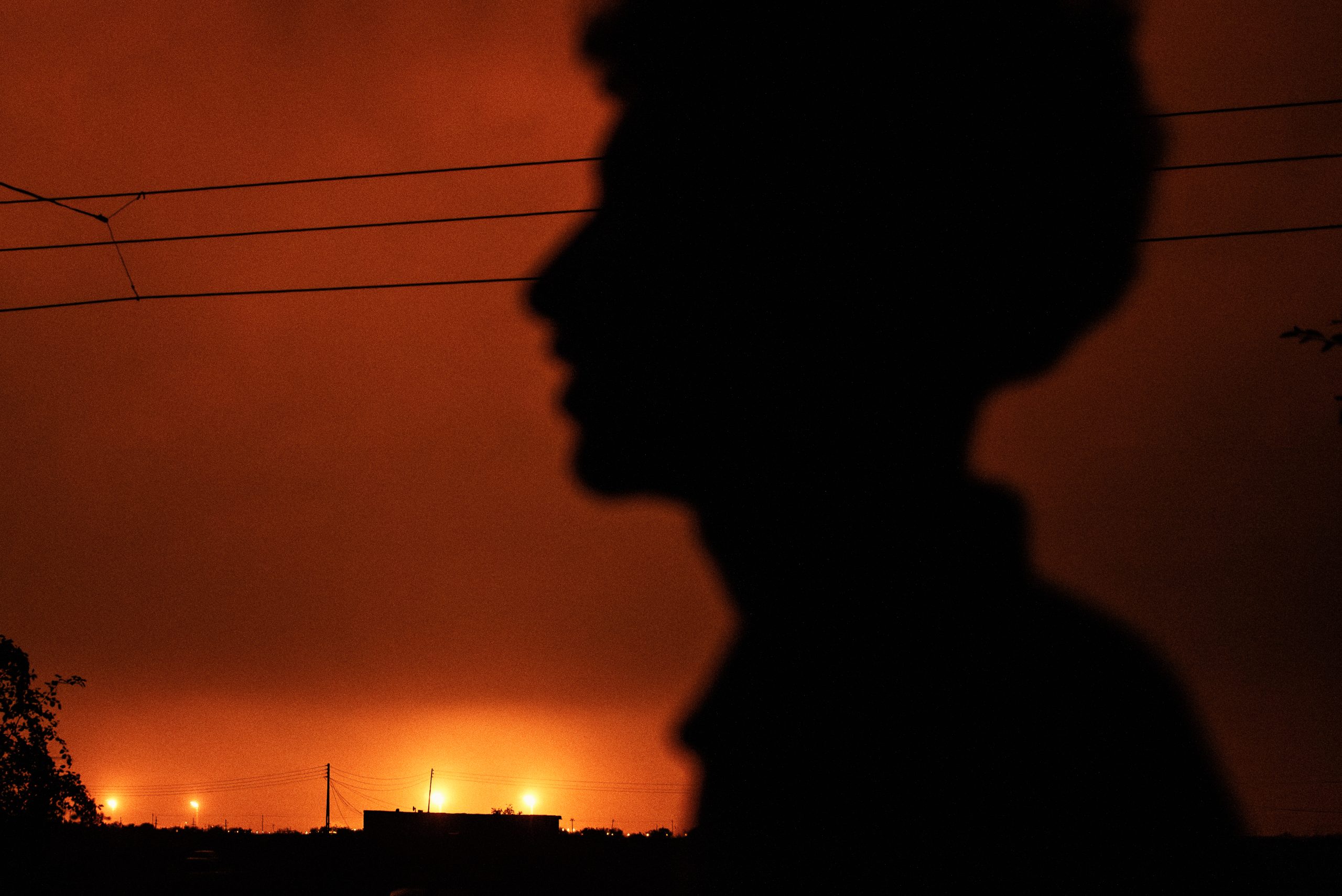This investigation reveals how international oil companies — including EU firms ENI and BP — are driving Iraq’s ecological disaster, with devastating consequences for both the environment and local communities.
Iraq is among the countries most vulnerable to the climate crisis, yet its dependence on oil is deepening water scarcity. Oil extraction consumes up to three barrels of water for every barrel of oil produced, further depleting already limited resources.
At the centre of the crisis are the Hawizeh Marshes, a UNESCO World Heritage Site and Ramsar-protected wetland. The investigation uncovered new oil exploration inside protected areas of the marshes, where international companies, including PetroChina, are expanding operations.
These activities threaten a fragile ecosystem already on the brink due to drought and desertification. Corruption and weak oversight have enabled oil firms to operate with impunity, evading responsibility for severe environmental damage.
Meanwhile, the failure to invest in infrastructure that could mitigate the impacts of oil extraction has only worsened the crisis. Local communities face displacement, rising health risks, and the loss of their livelihoods as their environment becomes increasingly uninhabitable.
This project follows on from the award-winning Price of Oil investigation, which won the 2024 European Press Prize. It continues to hold international oil companies accountable for their role in Iraq’s environmental collapse, with a particular focus on EU-based firms ENI and BP.
Investigative team: Sara Manisera, Azhar Al-Rubaie and Daniela Sala
